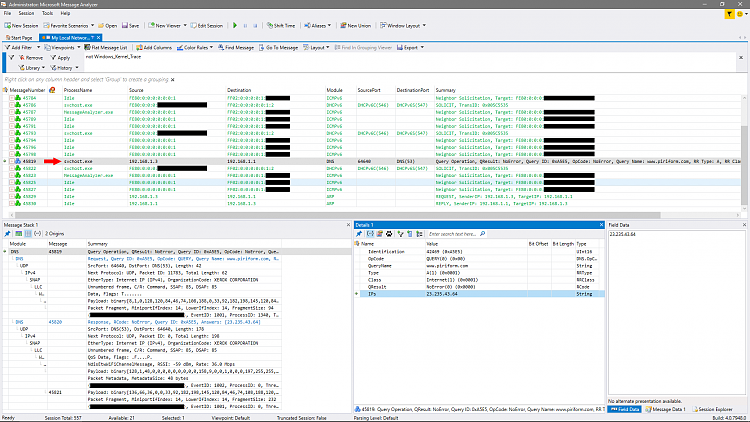New
#1
CCleaner Ironically Defeats One Privacy Protection for Edge
CCleaner ironically defeats a privacy objective in forcing closure of Edge. It cleans history for future app access to this data, BUT because it closes Edge before cleaning, it doesn't prevent Edge from sending your browser actions and history to Microsoft, which happens immediately on browser close, acc to Microsoft. You have to remember to manually clear history before closing Edge (if that isn't a clever lie) and that's a habit you may not develop easily.


 Quote
Quote
